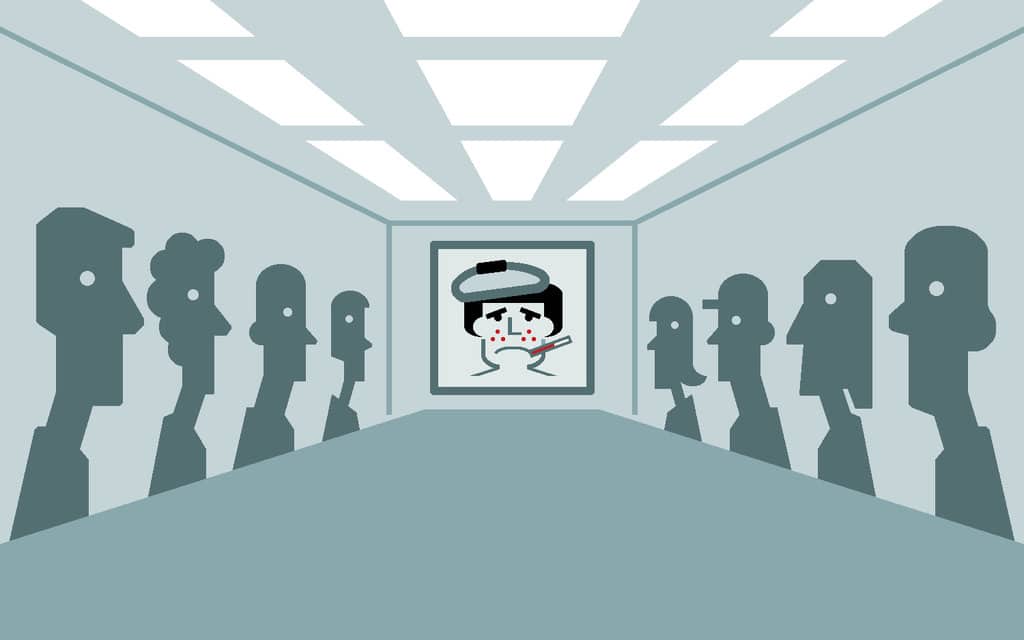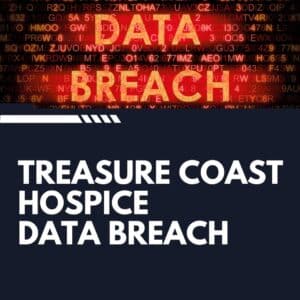
In a recent NYT article on “The Death of the Sick Day,” respondents flooded the comment section to say that it had been years—even more than a decade— since they had taken a sick day. Indeed, the author, Steven Kurutz, wrote that the sick day is “disappearing from the office vocabulary,” even in the height of flu season. In years past, a sick day was just that—a day away from work to recover in bed. But it has increasingly become something less clear as competition (and expectations) increase in our modern 24-7 work lives. The expanding mobility of the office—thanks to remote work and the rise of contractors in the gig economy—is also making the sick day a thing of the past, at least for a significant number of jobs.
As business leaders interviewed for the NYT article explained, “Even if you take a sick day, you’re still emailing in the morning, checking in later in the day,” said Kit Warchol, the head of content marketing for Skillcrush, an online coding school. “It’s become more of a norm to write to your colleagues and tell them you’re working from home.”
Last month when Justice Ruth Bader Ginsburg recuperated from cancer surgery, that’s exactly what she did to hear arguments in a case while temporarily absent from the Supreme Court. She simply plugged in from home, Chief Justice John Roberts reported.
Working from home might sound cozy, but the “working” part of that expression highlights the expectations that go along with it: being available to respond to emails, join a conference call, and remain productive, even if you feel like crap.
It’s not uncommon to see people in the doctor’s waiting room, keeping up with email on their smartphones even as they wait for appointments on sick days.
Skillcrush employees work remotely (Ms. Warchol lives in Los Angeles), and the company has a flexible hours policy. It does not have a firm limit on what has traditionally been called sick days but rather depends on employees to responsibly manage their time and communicate with co-workers if they can’t work because of illness or other circumstances.
Some workers may be afraid to take a true sick day and seem dispensable to their employers. As Ms. Warchol said, “Will it be seen as a sign of a lack of loyalty or tenacity?” And freelancers who lack job security especially may also have such concerns. This controversy can even lead to legal disputes involving Employment Law attorneys (and in Washington State, may dovetail with other Labor and Industries claims).
Other companies have changed the semantics around the sick day, shifting to terms like “personal emergency days.” This gives employees more privacy and broadens the practice of time away from the office to include issues like mental health or care for a child or another sick family member who depends on the employee.
One advantage, then, is the employee doesn’t have to “sell” their sickness to their supervisor with a list of symptoms. A personal day simply means you’re not able to do work today because of some circumstance.
But isn’t it unhealthy to never have a day to totally disconnect from your job and recover? Ms. Warchol, for one, appreciates the flexibility of the new model. In the barista position she took right out of college—and in many other jobs—working from home wasn’t an option.
“It didn’t matter if I woke up with a sore throat. I was there at 6 a.m. making people’s coffee,” Ms. Warchol said. “There is a certain amount of privilege in not having to take sick days because you can work from your bed.”




